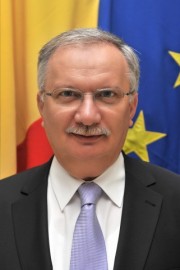Menu
-
Solutions
-
Our Solutions
-
AcademicSurface potential plagiarism prior to publication with iThenticate’s expansive content database.
-
AdmissionsScreen personal essays for potential plagiarism and help ensure the highest level of integrity even before matriculation.
-
GovernmentEnsure the originality of public-facing content, from legal documents to grant applications, and reporting.
-
MedicalPrevent invalid findings dissemination, grant misconduct, and improper medical practices.
-
PublishingProtect your journal’s reputation by publishing only the highest quality articles.
-
-
Resources
-
Our Resources
-
FAQFind the answers to the commonly asked questions about how iThenticate works.
-
Content DatabaseComprehensive coverage you can trust across the internet, scholarly articles, and industry papers.
-
GuidanceSearch our comprehensive site for the launch, integration and usage information.
-
-
Pricing
-
Login
-
Buy Credits



 It’s been another rough week for German Chancellor Angela Merkel. Annette Schavan, a member of Merkel’s cabinet and the Education Minister for the country, has
It’s been another rough week for German Chancellor Angela Merkel. Annette Schavan, a member of Merkel’s cabinet and the Education Minister for the country, has 
 The Nigerian High Court this week set a date to hear
The Nigerian High Court this week set a date to hear  Yet another case of plagiarism surfaced in European politics recently, when Romania’s newly appointed Education and Research Minister Ioan Mang was accused of copying the work of others in several of his academic papers. This latest incident follows closely on the heels of the
Yet another case of plagiarism surfaced in European politics recently, when Romania’s newly appointed Education and Research Minister Ioan Mang was accused of copying the work of others in several of his academic papers. This latest incident follows closely on the heels of the